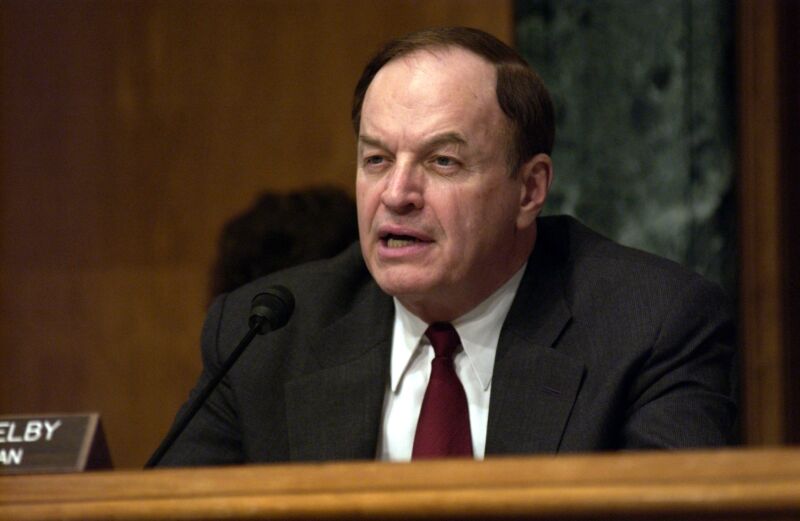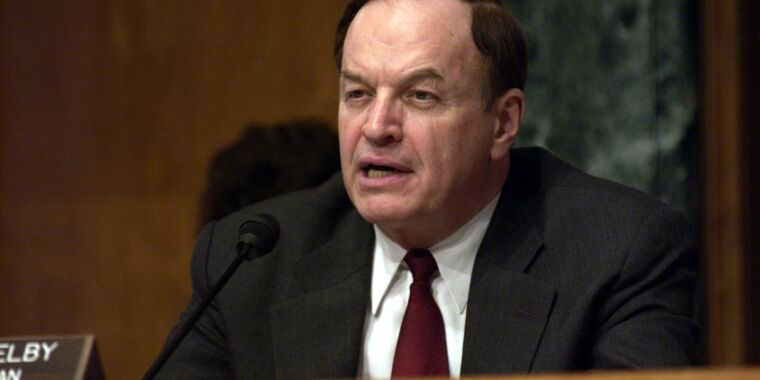
Scott J. Ferrell | Getty Images
Every other year, luminaries of the air and space community gather in France for the famed Paris Air Show, the largest aerospace exhibition in the world. The show offers visitors the chance to see new technology and the opportunity to mix and mingle.
For the leaders of the largest and most powerful aerospace companies in the world, there is also an opportunity to kiss the ring. This would come on the one evening of the Paris Air Show, during which the Alabama legislative delegation rented out the top floor of the Eiffel Tower for a reception to host aerospace dignitaries.
The star attraction atop the historic tower was a US senator, Richard Shelby. The chief executives of Boeing, Lockheed Martin, Dynetics, and other industry firms would come to meet with Shelby, to see and be seen, and to show the state of Alabama the love. As chair of the powerful Appropriations Committee in the US Senate, Shelby’s voice was that of God when it came to funding US defense and civil space contracts.
Now that era has come to an end, as Tuesday was Shelby’s final day as a US senator. His departure will shake up space policy in ways that are difficult to predict.
Seniority and space policy
Shelby was a senator from Alabama for nearly four decades, starting out as a Democrat and then switching parties to become a Republican in 1994. But his jam was never partisan politics. Shelby preferred dealmaking and working with lawmakers in both parties to fund the government in general and his priorities in particular. And over the years, Shelby brought home the bacon to Alabama, delivering large contracts to NASA’s Marshall Space Flight Center, the Army’s Redstone Arsenal, and large companies that agreed to do business in Alabama.
For the last decade, Shelby was arguably the most influential US government official when it came to space policy, dictating NASA’s continued development of the Space Launch System and focusing on an Apollo-like plan to return to the Moon. He did so over the last decade by lavishing more funding on the SLS rocket program, which was based at Marshall, than NASA asked for every year. He also held the line in 2019 when NASA administrator Jim Bridenstine suggested that due to delays with the rocket’s development, it might be better to launch the Orion spacecraft on SpaceX’s Falcon Heavy rocket.
After this hearing, Shelby was irate. He dressed down Bridenstine in private after the administrator’s public comments. Shelby was upset both at the potential sidelining of the SLS vehicle and the fact that no one from NASA had bothered to tell him about Bridenstine’s remarks in advance. A few weeks later, at a hearing before Shelby’s committee, Bridenstine was brought back into line. The video is worth watching to fully understand the power dynamics at play.








